Media Advisory: Plant compound reduces cognitive deficits in mouse model of Down syndrome
The plant compound apigenin improved the cognitive and memory deficits usually seen in a mouse model of Down syndrome, according to a study by researchers at the National Institutes of Health and other institutions. Apigenin is found in chamomile flowers, parsley, celery, peppermint and citrus fruits. The findings raise the possibility that a treatment to lessen the cognitive deficits seen in Down syndrome could one day be offered to pregnant women whose fetuses have been diagnosed with Down syndrome through prenatal testing.
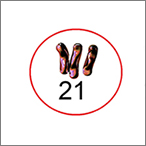
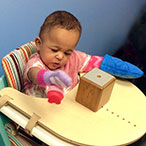








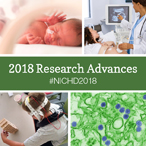
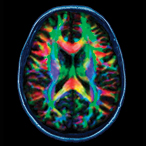

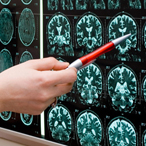





 BACK TO TOP
BACK TO TOP